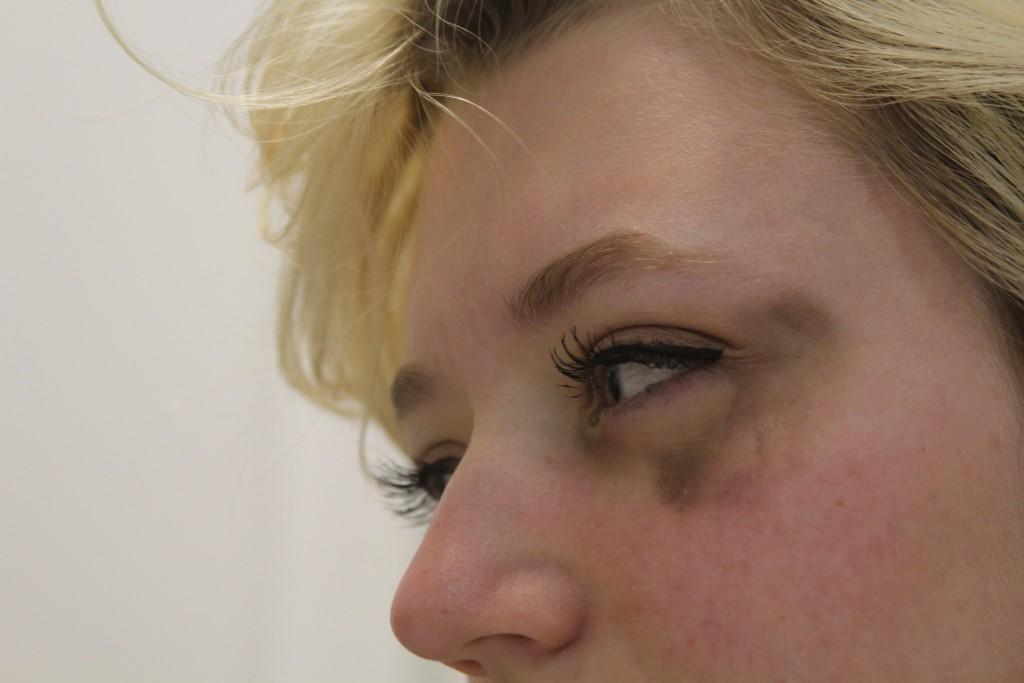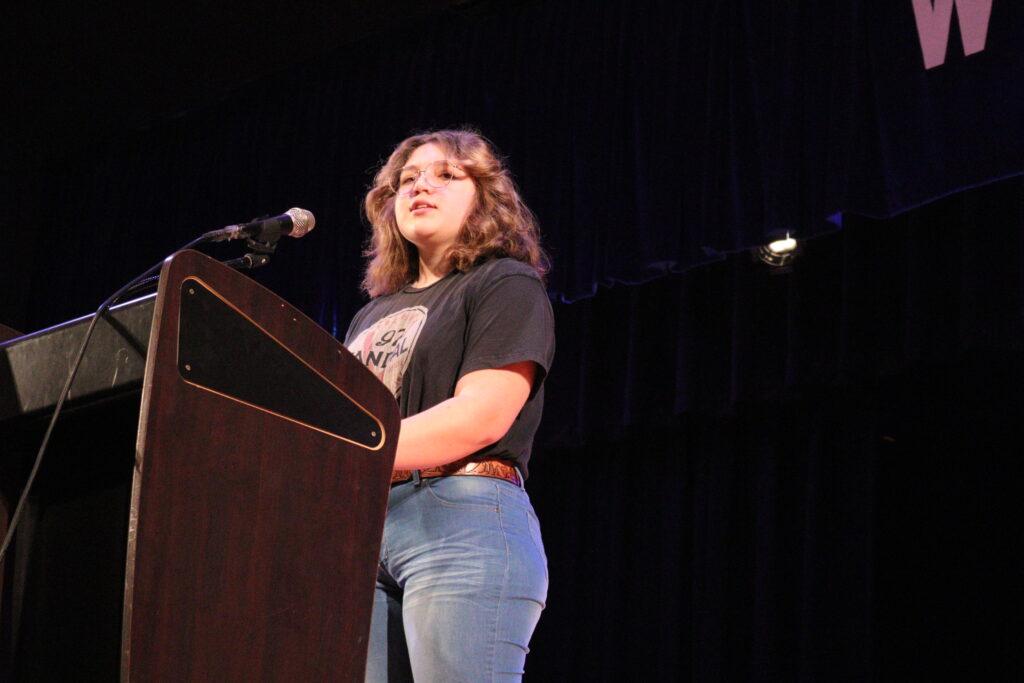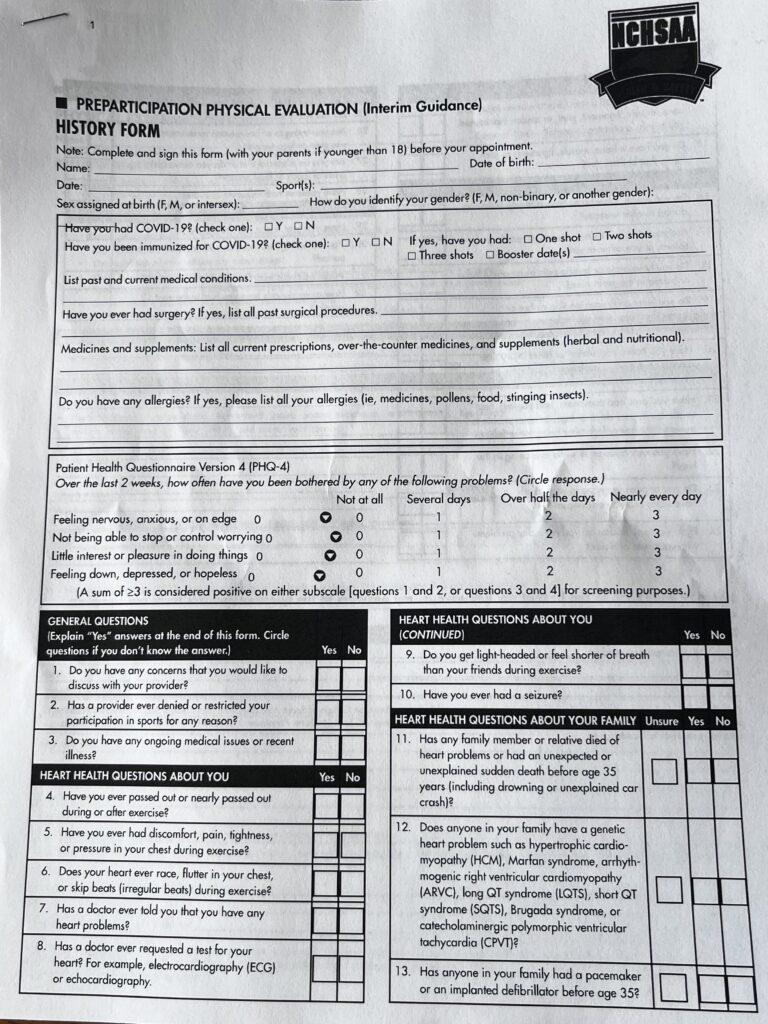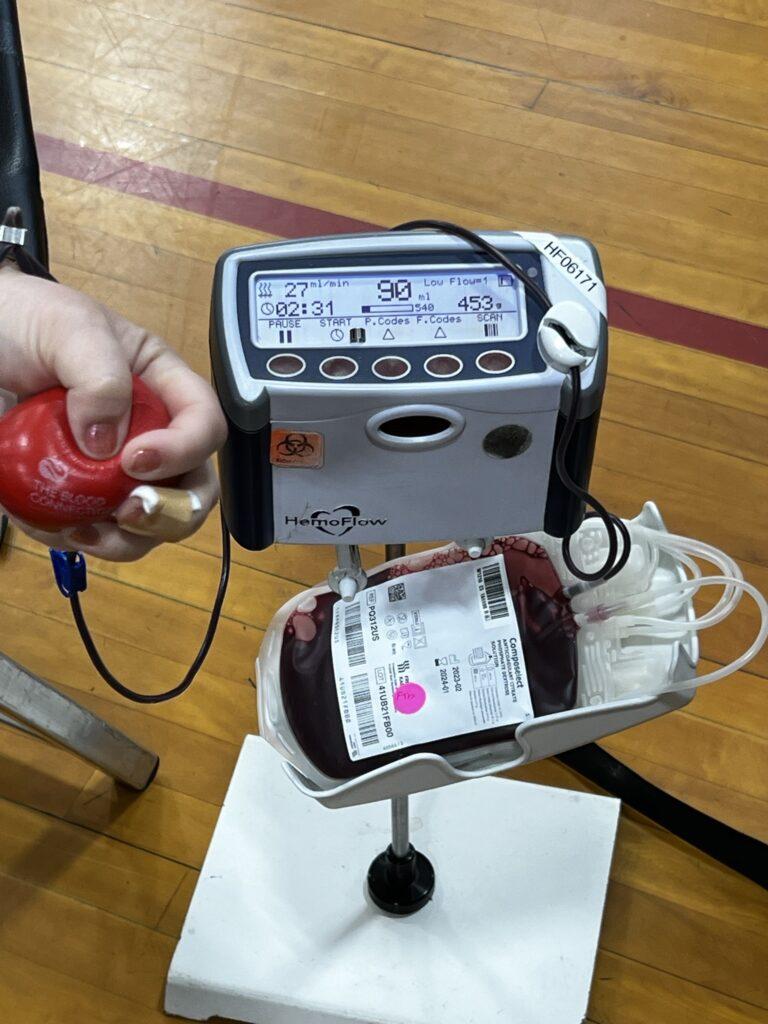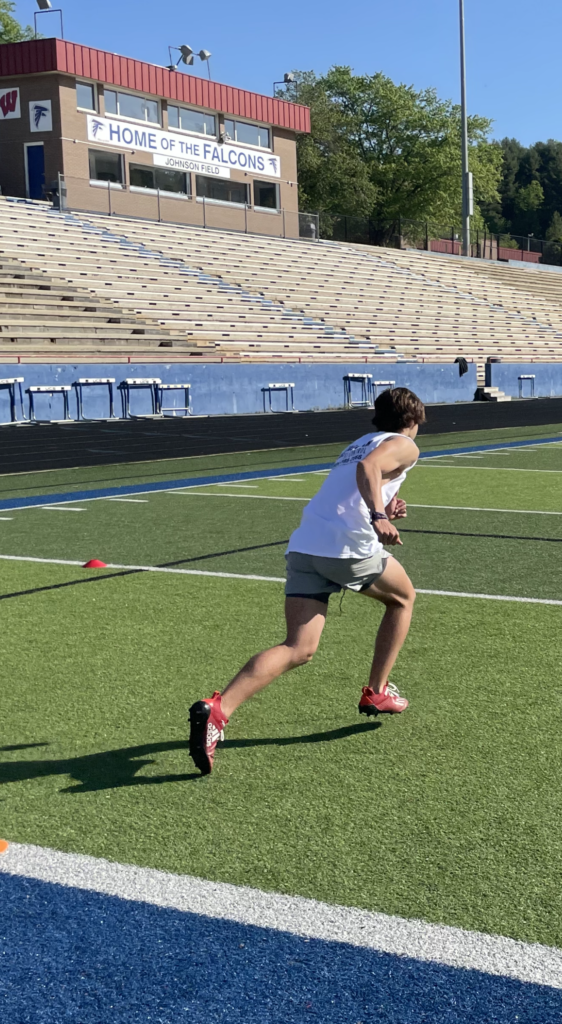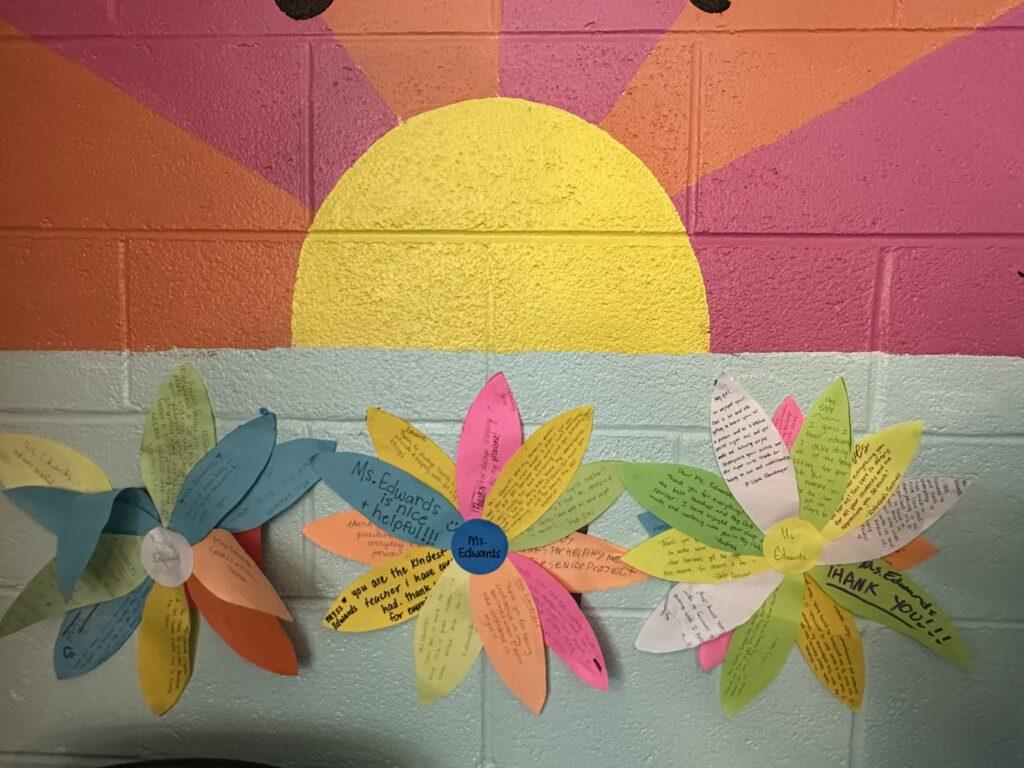The abuse started after seven months. Every day was a physical and mental hell. She kept thinking “He’ll change” or “He loves me. I know he doesn’t mean it.”
One day he got fed up. She lay on the floor, the shards of the mirror beside her. Blood flowed from the gaping wound in her side.
Stories like this one from a high school student who asked to remain anonymous show how dating abuse is a growing problem. Teenagers and adults, both male and female, endure mental and physical pain from spouses and partners on a daily basis. According to the Centers for Disease Control and Prevention (CDC) in Atlanta, 9 percent of high school students reported being hit, slapped or physically hurt on purpose by a boyfriend or girlfriend in 2014.
The CDC also reported in a 2013 survey that approximately 10 percent of high school students reported to have suffered physical victimization by a dating partner in the 12 months prior to being surveyed. Ten percent also reported sexual victimization in the same survey.
Youth who experience dating abuse are also more likely to develop symptoms of depression and anxiety and engage in unhealthy behaviors such as tobacco and drug use and have thoughts about suicide.
“What we see a lot of in the guidance office are students who are in a relationship with someone who tries to be very controlling,” senior counselor Anne Hafer said. “They don’t want them to see this person or that person or talk to this one or that one; just a lot of very controlling behaviors.”
A common type of abuse is when a partner tries to control his or her significant other. He or she might always want to know what the person is doing or who he or she is talking to.
“We started dating, and he was really sweet, but then it started to progress. He started to get really controlling and taking my phone and deleting contacts. I kind of thought, ‘Oh he’s just afraid of losing me,’ the student said. “It kind of progressed to the point where he was like ‘You’re cheating on me.’ He would just make me feel like crap constantly.”
Controlling behavior is not the only type of abuse. A few months ago a video surfaced showing the Baltimore Ravens running back, Ray Rice, abusing his then-finance, now wife Janay Palmer. The National Football League officials denied the video’s existence until it surfaced on the Internet. Rice’s situation brought the pressing issue of domestic abuse in the NFL to the forefront.
“Domestic violence and sexual assault are wrong,” NFL Commissioner Roger Goodell said. “They are illegal. They have no place in the NFL and are unacceptable in any way, under any circumstances.”
People who are abused often choose to stay in a relationship with their abuser. They typically have low-self esteem and think they deserve the abuse; others are threatened by the abuser.
Nobody may know what is going on in an abuser’s mind when they harm a partner, but it is well documented that abusers do feel remorse afterwards. According to Willis C. and Esmeralda Newman’s book Domestic Violence: Causes and Cures and Anger Management, abusers often feel remorse, guilty feelings and/or fear that their partner will leave or call the police.
“I would just encourage any teenager who is in an abusive relationship, or controlling relationship, to seek help,” Hafer said. “Come talk to a counselor, let somebody know what is going on in their relationship, get the professional assistance that they need.”
By Sarah Stertzbach

